
Domestic
14:28, 19-Feb-2019
Expats in China: A tale of digging deep and thinking big
Updated
17:19, 19-Feb-2019
Bi Ran
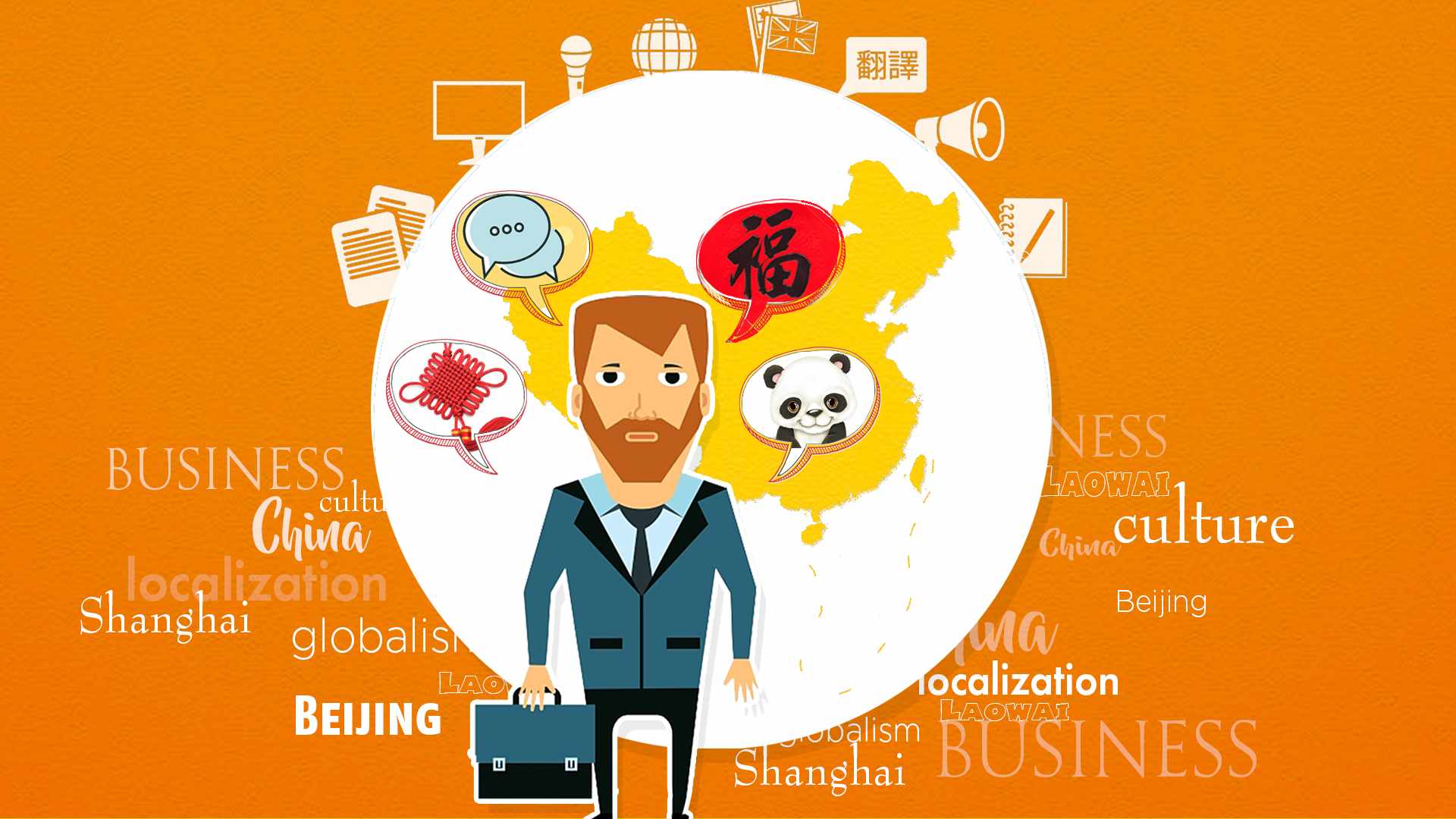
Foreigners in China are no longer satisfied with wearing traditional Han garments and decorating their rooms with red "Fu" characters.
The Chinese New Year holiday has, not surprisingly, revealed a panorama of deep and diversified involvement of expats with China, culturally and economically. The localization of this group of people who take their lives off in new directions in the tidal wave of China's development is much more profound than is generally imagined.
They are not just integrating, they are creating. They are not followers any more, they are shapers.
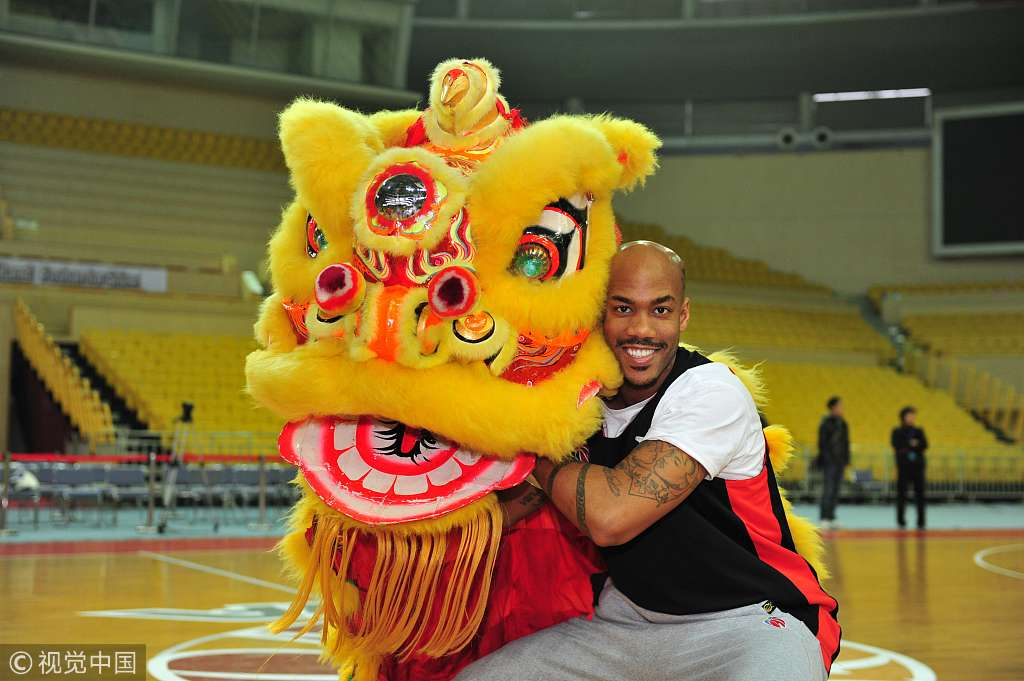
Former NBA star Stephon Marbury celebrates Chinese New Year in Guangdong Province, south China. /VCG Photo
Former NBA star Stephon Marbury celebrates Chinese New Year in Guangdong Province, south China. /VCG Photo
New Expats vs Veteran Pioneers
If you asked a Beijing local 20 years ago how his/her "laowai" neighbor lives a life, they would tell you the neighbor studies Chinese in a local university and loves Chinese culture, and maybe often goes to the Hutongs out of curiosity.
This is not a stereotype; it is kind of a normalcy for the expats who came 10, 20 years ago to China as they were serious about culture and language learning. Truly, the charm of the oriental mystery was a major reason attracting people from around the globe to China at that time. Veteran foreign pioneers came and saw a totally different world, and they settled down, built families, started working and integrated themselves with the purest local Chinese culture.
"I came to Beijing 10 years ago and used to live on a wooden bed, and the toilet was outside so I needed to use buckets to flush," said Marco, an entrepreneur and a musician who's now living in Shanghai with his own logistics company. "Ten years ago's Beijing or Shanghai is not today's Beijing or Shanghai. China changes so fast."
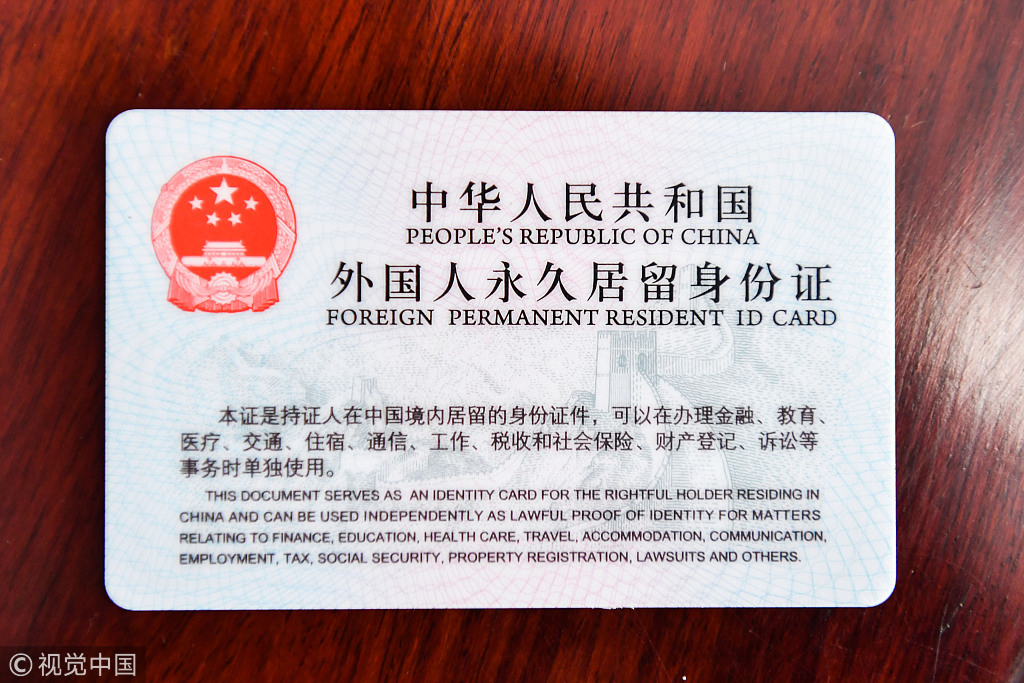
Chinese green cards are issued to expats to boost "the sense of gain" among permanent residents in China. /VCG Photo
Chinese green cards are issued to expats to boost "the sense of gain" among permanent residents in China. /VCG Photo
The changes over years have nurtured what l call "new expats" in China. If you have no idea how active and creative they are living and thriving in this country, you could go outside to check around the bars or diners that do not close during holidays. You'll find they are everywhere – running a fancy French restaurant serving Spring Festival dishes, hosting a gala in fluent Chinese, distributing red envelopes in their company annual meetings and toasting next year's prosperity wishes with friends of different races.
The new expats are more than about their love of Chinese food, language, and culture; they've seen a bigger picture of China's potential.
A tale of two cities?
Beijing and Shanghai are two of the largest population centers for expats in China. According to the most recent National Census of 2010, the first one that records the number of foreign residents, there were 107,000 expats living in Beijing and 209,000 in Shanghai.
Beijing, the capital city, is not only a center of traditional culture learning for expats nowadays. Frank Sinatra's ode to New York City – "if I can make it there, I'll make it anywhere" – can also be about today's Beijing. It goes to somewhere, wrapping up all the opportunities, technologies, investments, and talents, driven by creativity and unrivalled cosmopolitan energy. Expats want to get on the express to arrive at a destination they believe only Beijing can get to.
Yet, Shanghai, as a Yuppie city attracts more expats statistically, is business-oriented and multicultural. "Shanghai makes more sense for those who have been in China for a while," said Marco, adding that business and finance in Shanghai make the city a truly international one.
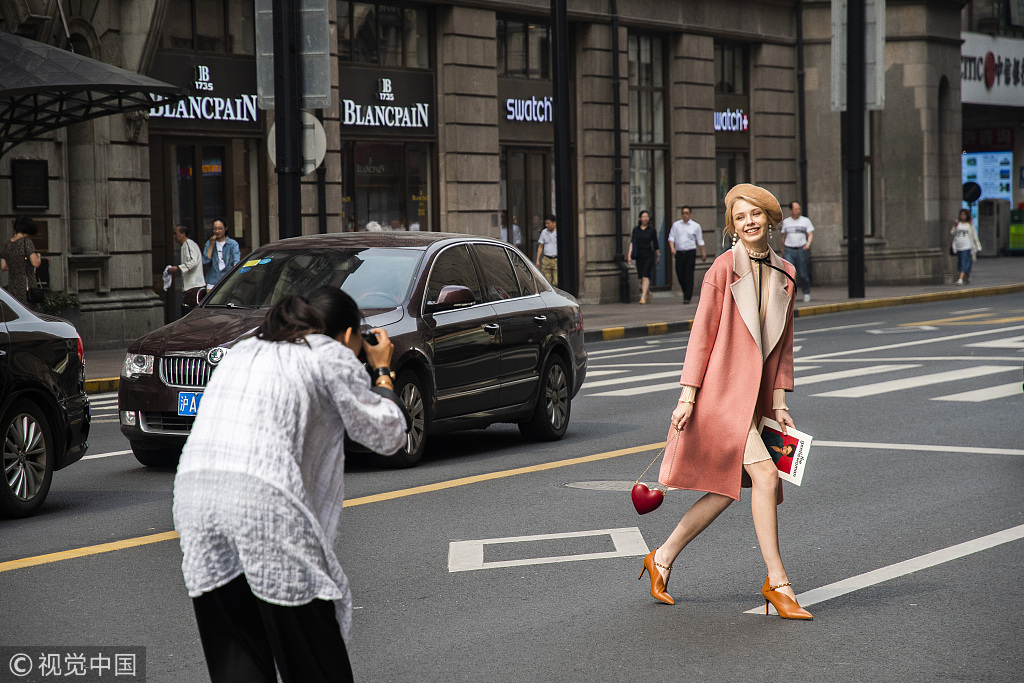
Many models are living in Beijing and Shanghai as the demand of the Chinese market is growing. /VCG Photo
Many models are living in Beijing and Shanghai as the demand of the Chinese market is growing. /VCG Photo
“We build a strong network within expats. Locals are being very supportive but the expat community can give more professional help,” said Lesley Mullin, an American girl working in a consulting firm in Shanghai. “You also know that Starbucks and good western food are just around the corner near your home – such a great blend of East and West,” said Allen McConnel, a British native who lived in Shanghai for three years while chasing his PhD degree.
Though cosmopolitan cities have their perks, the second-tier and third-tier cities can also be pearls to expats. "If you really want to be a pioneer seeking chances, go to Kunming, Chengdu or Changsha," said Marco. Gary Malmon, an international school principal in Yantai, said that the less international cities in China enjoy a relatively reduced degree of diversity, and it's easier to get a pulse on what's happening which might lead to good opportunities.
Rhythm of localization
"I've become one of them." This is what my interviewees said the most.
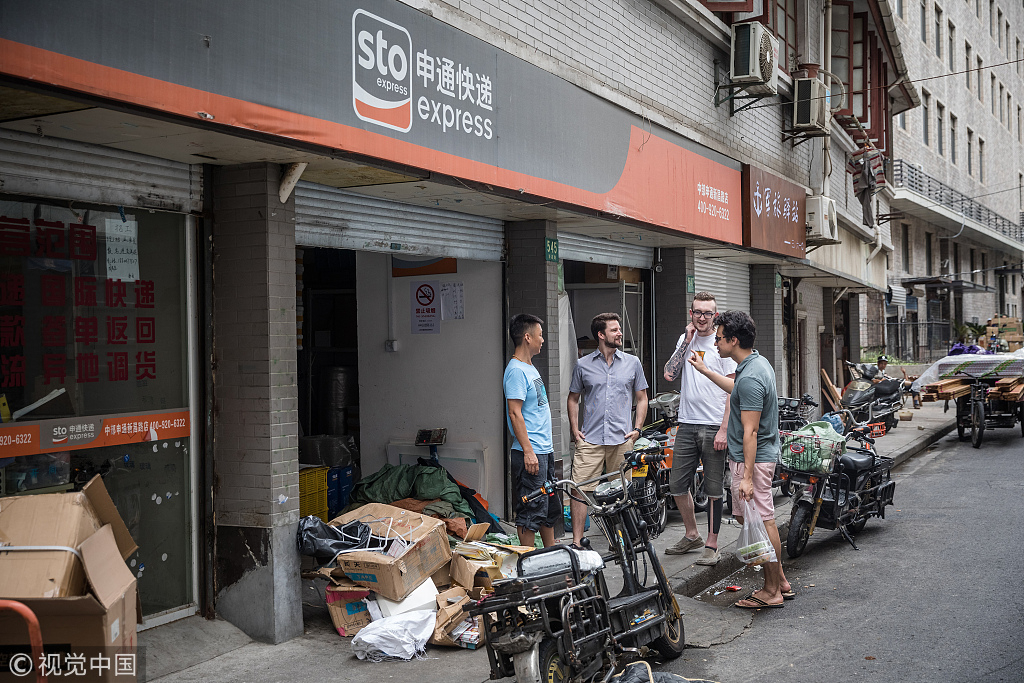
Expats in Shanghai started the Taobao online store to help Americans purchase goods from China, August, 2017. /VCG Photo
Expats in Shanghai started the Taobao online store to help Americans purchase goods from China, August, 2017. /VCG Photo
Maybe "them" is not accurate enough: these expats are "them," as they integrate, create and lead their own vibes in local communities while bringing greater global vision to the society.
To a certain extent, the expats' rhythm of localization is going along with the modernization of China. We've seen many enterprising young expats make it here in China. They smartly adjust their steps to synchronize with China's paean of globalization. To live in this country, surviving is no longer their goal. They aim higher, think bigger, and forget their identities as "foreigners."

SITEMAP
Copyright © 2018 CGTN. Beijing ICP prepared NO.16065310-3
Copyright © 2018 CGTN. Beijing ICP prepared NO.16065310-3